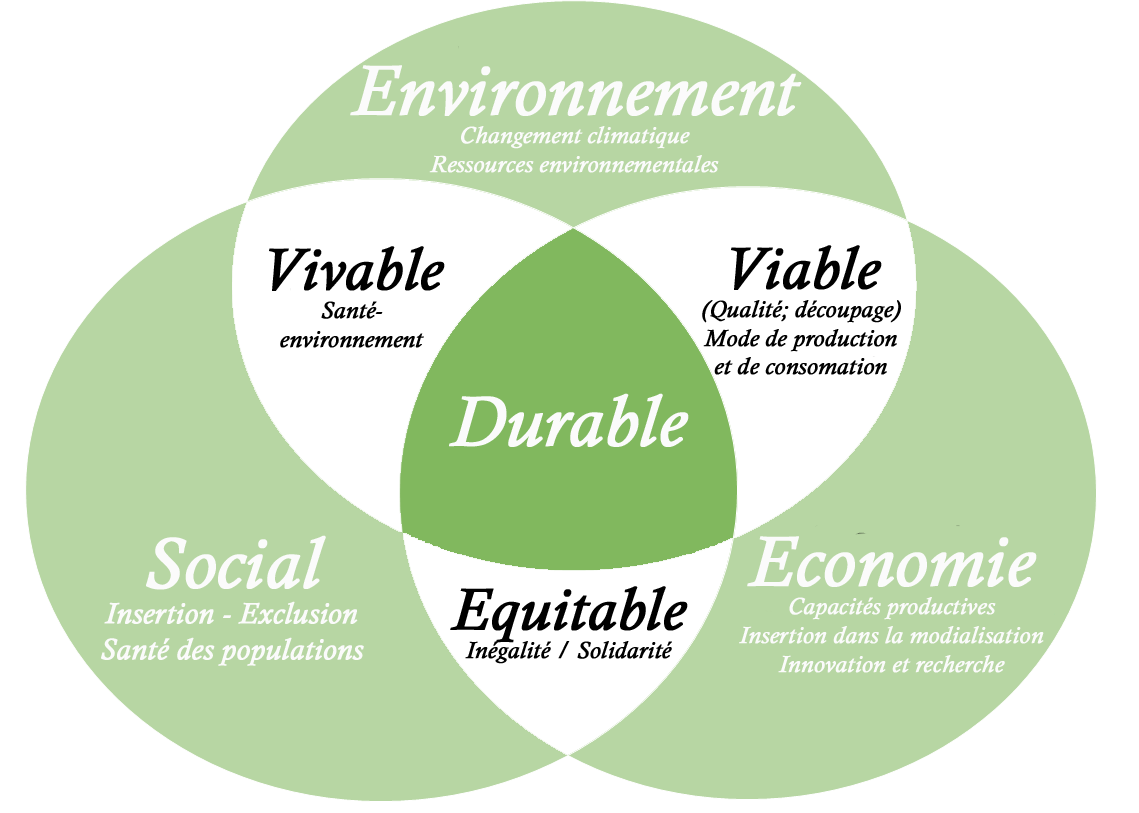Media presentation
The emergence of a unifying media, promoting regional exchanges, short circuits and economies of scale promoted by a new interactivity, has its place today.
Benefiting from an extensive network of correspondents throughout the great western Indian Ocean, the birth of the Journal des Archipelagos is the logical continuation of many years of investigative journalism, especially in the business press.
It is the strength of this experience and this network that the instigators of this innovative media highlight with this site, with a regional vision that goes beyond the framework of our archipelagos in Indianocéanie.
Ecology and economy, the two breasts of Indianocéanie.
The economies of scale linked to the pooling of infrastructures, waste stocks and the production of raw materials as well as the transfer of know-how, the development of processes resulting from the collective intelligence of populations, are the keys to an Indianocéanie at the same time with interdependent islands between them and autonomous vis-à-vis the great traditional commercial currents.
On this point, the Covid-related crisis has enabled us to highlight the shortcomings from which our region suffers while innovating with ad hoc solutions.A new paradigm is emerging.

It will have to take into account the pattern that defines the fashionable term, but oh so very topical today, of sustainable development:
How can we understand that intra-regional trade still represents only 3% of the total volume of trade in Indianocéanie? Why trade up to 97% with the rest of the world when Madagascar can produce enough to feed the whole region, or even further? Why do the Mascarenes turn their backs on the Big Island and the Comorian archipelago, yet at the origin of their original population?
So many questions that our newspaper must tackle, without taboos or prejudices which still do so much harm to the development of human and material exchanges.Surveys and analyzes that will not overlook the beauties of our region by regularly presenting its people, animals and amazing landscapes.
LE JOURNAL DES ARCHIPELS aims, in the long term, to become a “think tank”, or laboratory of ideas for the valuation of data and information, for the development of businesses and local populations. The two are interdependent in the same way as ecology and economics.
The objective is to promote the use of new information processing technologies in the service of the circular economy.
Indeed, it is now essential that a medium be able to meet the expectations of its users while imagining new forms of information consumption.
Our ambition is to make clear and relevant information accessible to as many people as possible, visible on all consultation media: paper, computer, phone, tablet, television, connected objects … and thus enhance the work of journalists.To carry out this project LE JOURNAL DES ARCHIPELS wishes to draw on the natural pool of recognized skills and talents in our region: university research, higher education, training institutes … through a collaborative approach.To this, readers will be invited to complete the debate by setting up online forums. In short, interactivity, which will not only make it possible to build content but also to send information back to public and private decision-makers (regular communication of Internet user comments in our weekly newsletter).
Like Internet giants such as Google and Facebook, the idea is to extract, refine, transform, enhance data, this “informative black gold”.

